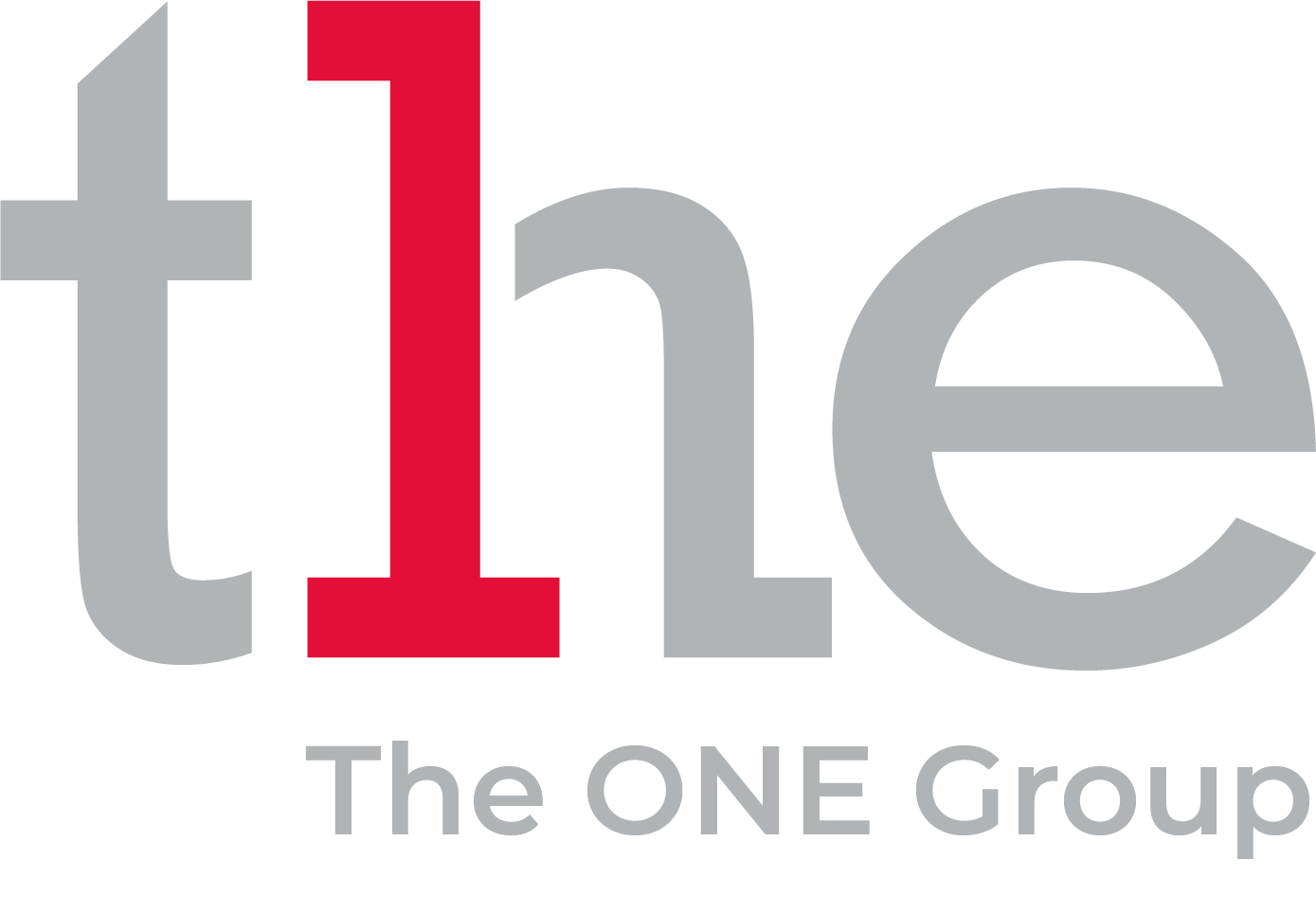Whilst job searching should be an exciting time for focusing on new beginnings, opportunities for growth, and the chance to take the next big step in your career path – it can also be soul-destroying.
Here at The ONE Group, our Consultants devote their time - not just to getting you interviews and finding you a job - but to coaching you through the entire process and offering you support and guidance every step of the way. If you’re currently looking for a new role, are coming to the end of a previous role, or just want to be fully prepared for your next big job hunt, we’ve compiled a list of our top tips for staying positive during the search.
See the ‘no’s’ as a chance to improve, rather than a knockback. Okay, so you really wanted that job. You came out of the interview feeling positive, upbeat and could’ve absolutely bet on you getting it – and then you didn’t. If you don’t secure a role or an interview doesn’t go to plan, what can you learn from it? The feedback was that your technical skills are lacking slightly – get yourself on a free online course. The client mentioned that you didn’t present as well as they had hoped – then get in front of the mirror and get practicing! It’s so easy to see a negative outcome as a negative situation, but if you take the opportunity to better your skillset based on the feedback you have been fortunate enough to receive, then it will only place you in a better position when you next come to interview. You might even discover new skills that you didn’t even know you had.
Give yourself some time off. Have you ever heard of the phrase ‘looking for a job is a full-time job’? Well, it is. Moving jobs is a huge change to your routine and your life in general. It’s often a decision that isn’t taken lightly and with that comes a lot of responsibility and pressure to get it right. Making a schedule that includes focusing on your job search, scrolling through job boards, and meeting with recruiters as well as allocating time specifically not to think about it is just as important. Yes, it’s hard to allocate specific time to take calls from recruiters and potential employers because you don’t want to miss an opportunity, but do give yourself time off from actively scrolling through endless lists of vacancies. Your sanity and mental wellbeing are hugely important and you can’t present the best possible version of yourself to employers and recruiters if you are completely pent up with stress. Plan, search, break, breathe, chill.
Proactively seek testimonials from previous colleagues and bosses. Yes, you know they’ll give you a good reference. Yes, you don’t necessarily need the recommendation right there and then, but – receiving written testimonials, in black and white, is a great way to have visual positive reinforcement of your strengths, capabilities, and achievements. It’s a great tool to refer to and remind yourself of all the great things you have done and can do and, in turn, this will help you better communicate all the great things you can take with you and have to offer a new employer. It also looks great to have these on your LinkedIn if your potential new employer decides to check out your profile, showing credibility and proven previous successes.
Be proactive in making contact. If you’re working with a recruiter during your search, you should be viewing your professional relationship as a two-way partnership. Is it the Recruiter’s responsibility to keep you up-to-date with feedback and the processes in which you’re involved? Absolutely. It is just as much your responsibility as it is theirs to be proactive and vocal in making contact and constructing a plan in which to find your dream job.
Get yourself on LinkedIn. The algorithms on social media sites mean the more you like, comment, and interact with posts and other content, the more your name will be out in the market, and with that, the more opportunity to be noticed. In addition to this, maximising your LinkedIn profile by adding as much relevant information as possible. Key skills, information about your previous roles, and ensuring that you're ‘open to opportunities’ button is switched on, makes it far easier for employers and recruiters to search for you and approach you directly for new roles. You’ll also find that LinkedIn is a great place to learn new things and get tips from hiring managers and job seekers just like you!
Tailor your CV and cover letters to the job you are trying to secure. This is a great thing to do for so many reasons. Not only will this give the prospective employer or recruiter a clear set of benefits to employing you and will demonstrate exactly how your experience matches their requirements, but, it will also be a great exercise for you to focus on all the valuable skills and achievements you have. A lot of the time, we take our day-to-day duties and responsibilities for granted because we just do them. Having to think about exactly how your experience matches a job advert and what you’ve done for your previous companies will give you a great boost in confidence and be good practice for when you get in front of an employer in an interview situation.
Set up job alerts on job boards for roles that are closely matched to your experience. Don’t try to spread the net far and wide in the hope of landing a wildcard because this can often be demotivating and will likely fill your job alerts inbox with a whole bunch of irrelevant postings. Set up precise and tailored alerts which are in line with exactly the type of role you are looking for and check these alerts once a day at the very most. Checking them more often than this can become counter-productive and takes your time away from other activities you can be doing to enhance and progress your job search. If your experience is right for the role, applying for it within 24 hours of it being posted to a job board is acceptable and will very rarely exclude you from the race.
Above everything, remember that everything happens for a reason. If you were pipped to the post by another candidate during your last interview process then think of it this way; they are now off the market which removes one more obstacle from you securing the next role that becomes available. Not every job is right for every candidate but there is a job for every candidate.
Need help with your job search? Talk to one of our recruitment consultants today info@theonegroup.co.uk.


